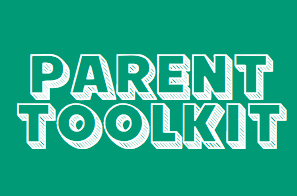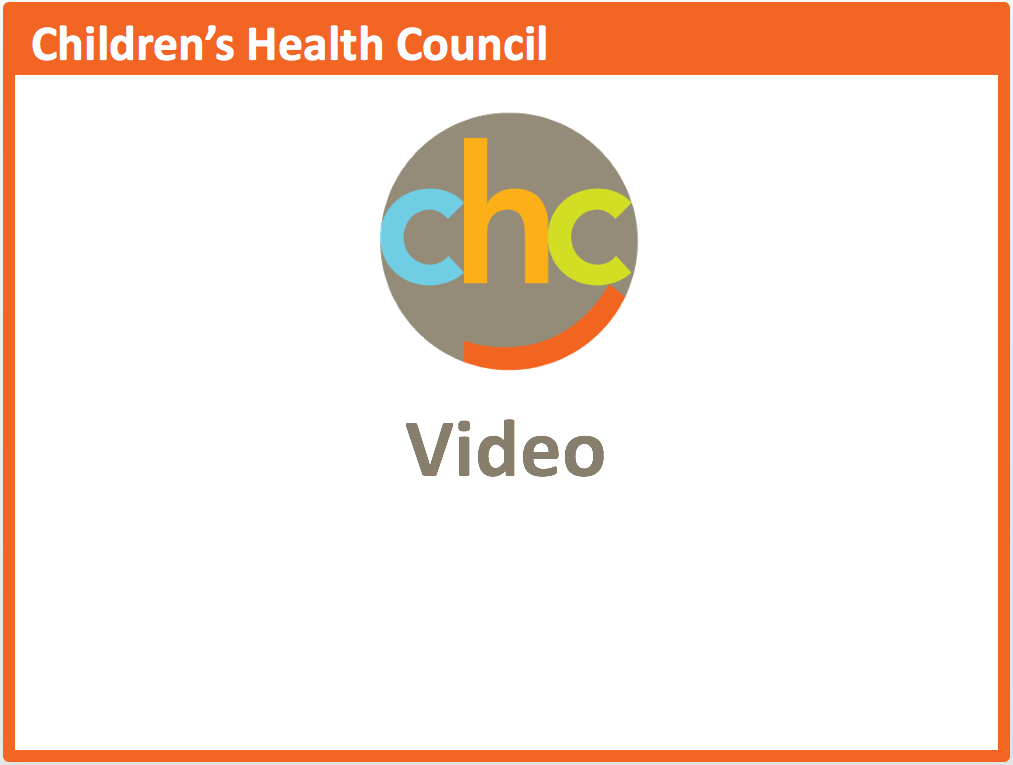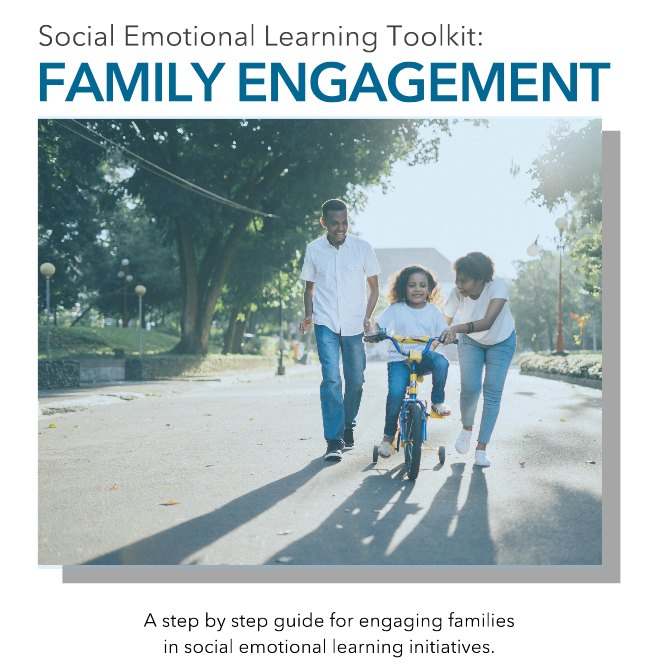 It may be hard at this age to engage your child in a long discussion about emotions, but taking a couple of minutes a day to ask “What made you feel good today?” or “Did anything upset you today?” is a great way to show you care. Try to avoid questions that will get a “yes” or “no” answer to create more conversation.
It may be hard at this age to engage your child in a long discussion about emotions, but taking a couple of minutes a day to ask “What made you feel good today?” or “Did anything upset you today?” is a great way to show you care. Try to avoid questions that will get a “yes” or “no” answer to create more conversation.
Even if there isn’t always a discussion started, simply by providing daily interactions around your child’s emotions you’re creating an environment where your child knows he can talk to you. This will make him more likely to talk to you when he is ready to, or really needs to.
The Parent Toolkit website (www.parenttoolkit.com) produced by NBC News Education Nation offers guides to help you support your child’s, preteen’s or teen’s social and emotional development and reflect on your own abilities in the process. Age-appropriate Parents’ Guides, Conversation Starters, and book lists are provided for pre-K, early elementary, late elementary, middle school, and high school.
The Toolkit focuses on many aspects of your child’s development, because it is all connected. Healthy, successful children can excel in many areas – in the classroom, on the court, and in their relationships with peers and adults. We have worked with experts across the country including classroom teachers, college professors, pediatricians, dieticians, psychologists, and parents, to make the resource as robust and useful as possible.
Care Coordinators can arrange a free 30 minute Care Consultation so you can explore options with an expert.
We invite you to call or email our Care Coordinators at 650.688.3625 or careteam@stage.chconline.org to set up an initial Parent Consultation appointment.





